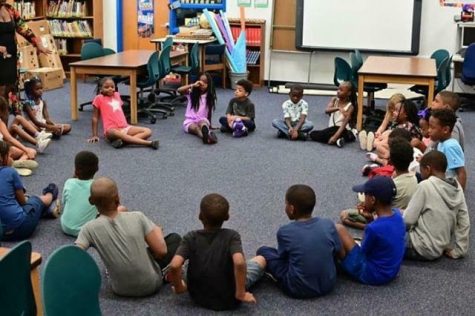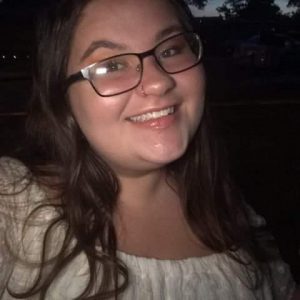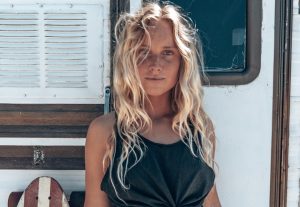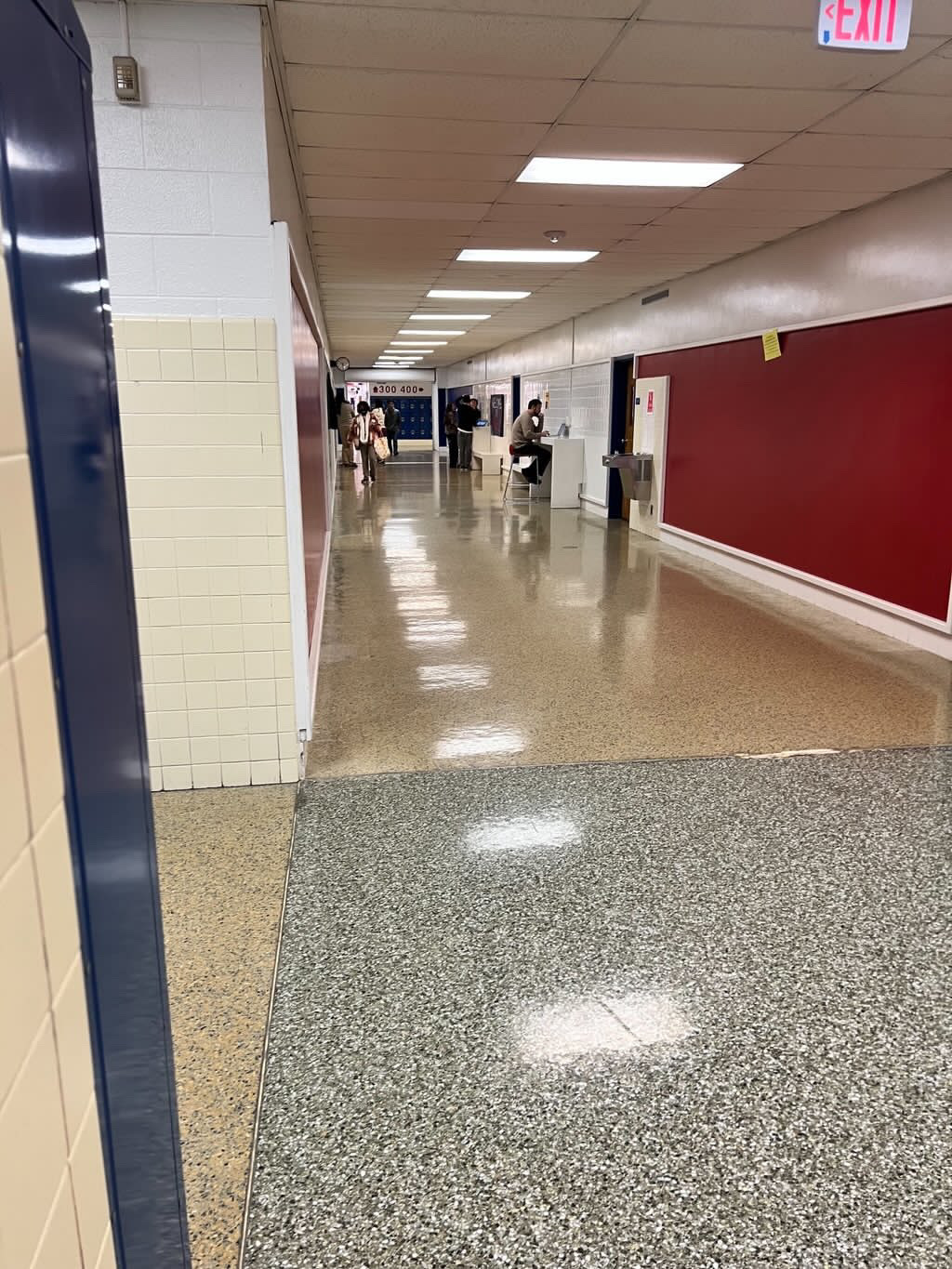A Look into the Entrepreneurship Strand of the EBA

K.I.T.E gives bracelets to health care workers.
June 5, 2020
Of the many aspects of the Entrepreneurship and Business Academy, the Entrepreneurship strand is one of the most complex. From Incubator to Accelerator to Advanced E and I, this route requires a lot of students, but creates many questions: how do the businesses run? How are these minors able to gain a patent and go about owning a legal business?
“Starting the business itself is more about establishing the idea before we actually go through the procedures to actually publish the business,” said sophomore Chavi Allen about the Incubator class. “That’s entirely what that is. We’re going through the entire year and we’re checking every single aspect of what would happen and how it would happen; what costs would there be and what tactics would we use to market the idea.”
Liz Bailey, junior, explained some of the aspects of Advanced Entrepreneurship and Innovation, the class for businesses that don’t make it into the Accelerator program. “For my group, we have our business through a program called ‘Junior Achievement,’” said Bailey. “They’re the ones who fund our business and have all the legal backing of our businesses.”
Bailey’s business, K.I.T.E, is donating all profits from this year’s sales to donate food to the front line workers of COVID-19 at Sentara Princess Anne Hospital.
Accelerator is the class that helps funded businesses gain a patent and legal means to keep going. Riana Connor, senior and owner of “Beauty Barista,” described what she had to do, as she is the student keeping the business going. “We … had to get a third party, someone above the age of eighteen, who could be the sole person to go to about our finances and stuff with the bank.”
When talking about keeping it going by herself, Connor said, “We put all the money in the bank, and if we had reimbursements from materials and some costs, we reimbursed each other. Especially for those who didn’t continue with the business, I didn’t want them to have paid for that and then not get reimbursed.”
Connor says she is planning to continue the business after graduation on her own, and is currently trying to figure out where to go for the future.
My’Anna Williams, a senior who co-owns “Build, Care, Inspire,” with Tyana “TT” Wills, described some of the details of owning a non-profit in a program full of businesses.

“‘Build, Care, Inspire’ is a non-profit organization where we are providing an outlet and guidance to children who have incarcerated parents,” said Williams. “All the other businesses surrounding us were working on [a] product. They all had their business licenses before us because our teachers, other students, and the people who would come talk to us, they weren’t familiar with non-profits. They mainly specialized in selling, but we weren’t selling anything, we were creating a program.”
Williams continued, “We had to find people who knew about non-profits; non-profit consultants. Just to get simple information was very difficult. TT’s brother has a business and knew how to get the license and things like that,” she said. “We filed our papers to become a 501 c3.”
Williams says they are meeting to figure out future plans, as the coronavirus has put a hold on their summer camp. They plan to do outreaches for kids in the school year, continuing nonprofit work.








